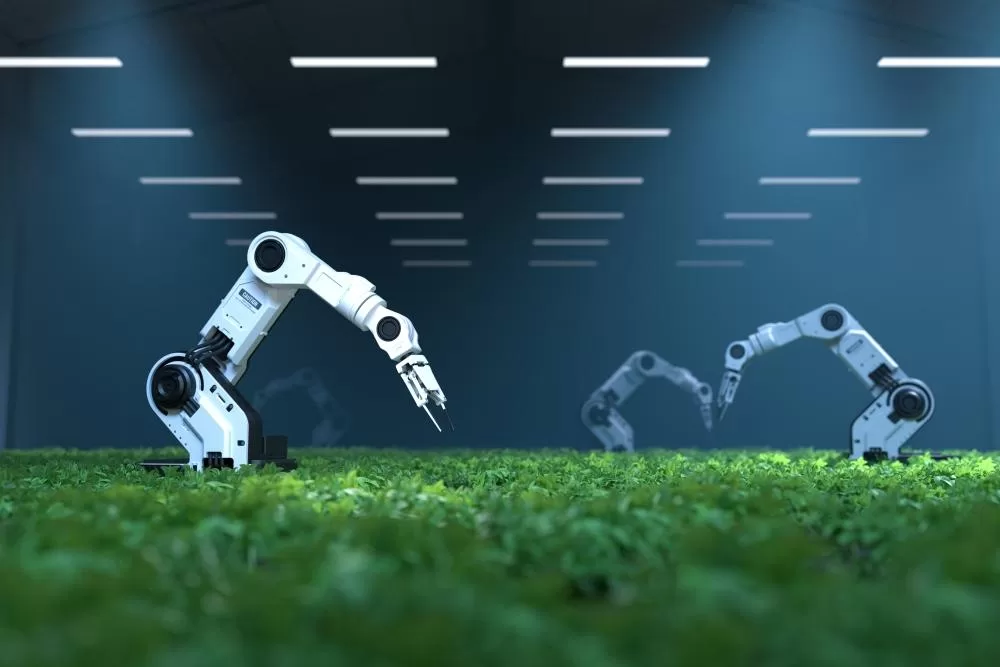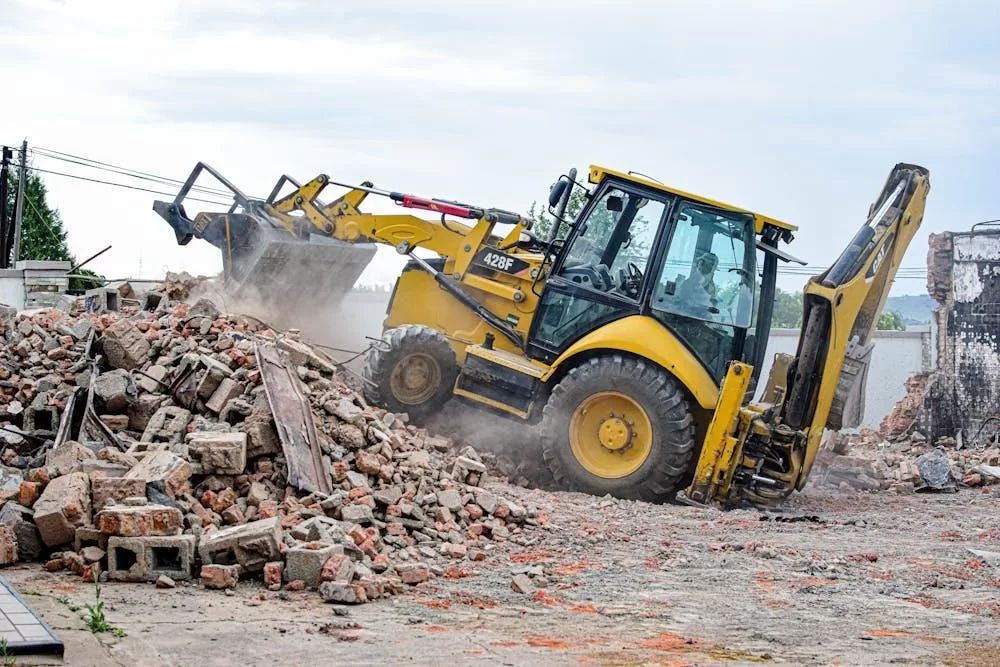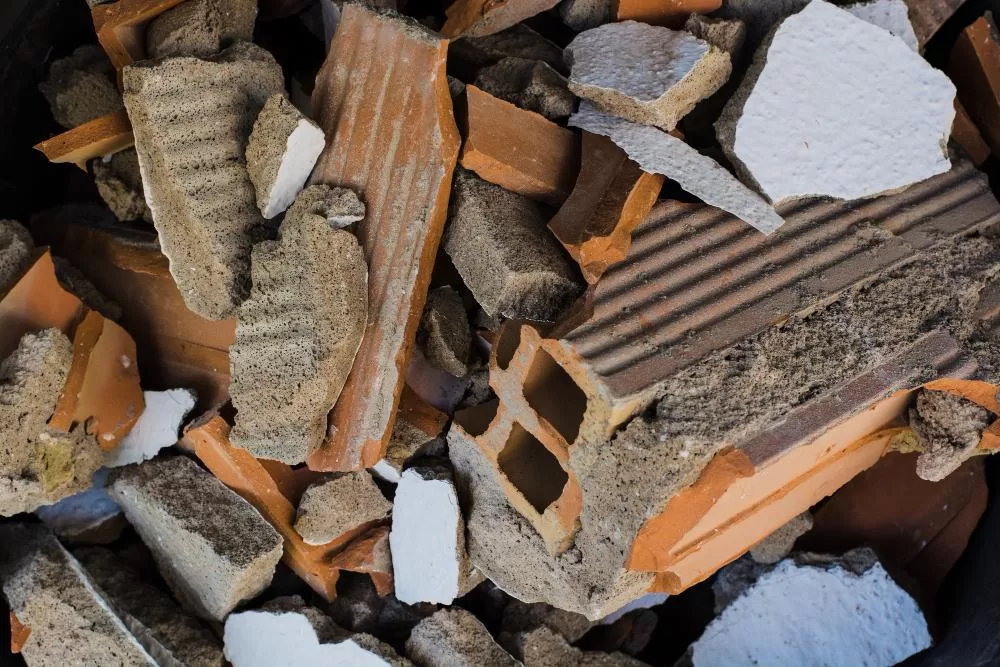Managing horticulture waste can be challenging. The leaves, branches, grass clippings, and other green waste can contribute to overflowing landfills and, if not managed properly, can lead to environmental issues like soil and water contamination.
Fortunately, with the help of artificial intelligence (AI), we can better optimise waste management practices, reduce environmental impact, and contribute to a more sustainable horticulture industry in Singapore. In this blog post, we explore the role of AI technology in horticulture waste management.
The Role of AI in Horticultural Waste Management
AI is no longer a futuristic concept; it has transformed various sectors, including waste management. Likewise, AI technologies can help in horticulture waste management processes. Here’s how:
- Machine Learning: In waste management, machine learning AI enables accurate sorting of horticultural waste by identifying different types of organic materials and detecting contaminants that may hinder the composting or anaerobic digestion process.
- Predictive Analytics: Another AI-powered tool that can be applied to predict waste generation patterns, optimise collection schedules, and ensure that resources are deployed efficiently.
- Robotics: Automated sorting systems powered by AI can identify and separate different types of horticultural waste faster and more accurately than manual sorting. This improves efficiency and reduces contamination risk.
With these AI technologies, Singapore can enhance its recycling rate, especially when it comes to plastic recycling, and move towards a more sustainable approach to horticultural waste management.
Benefits of AI in Managing Horticultural Waste
The benefits of AI integration in horticultural waste management extend beyond simple waste reduction. They can help to:
- Reduce Labour Costs: AI-powered solutions can streamline waste management operations, leading to better efficiency. At the same time, automated sorting systems lessen the need for manual labour, lowering labour costs and increasing processing speeds.
- Increase Processing Speeds: Optimised collection routes, guided by predictive analytics, minimise travel time and fuel consumption, further enhancing operational efficiency.
- Minimise Human Error: AI minimises the risk of human error in waste sorting and processing. This ensures that horticultural waste is accurately categorised and directed to the appropriate recycling or treatment streams, maximising resource recovery and minimising contamination.
Environmentally, the benefits of AI in horticultural waste management are equally compelling. Optimised transportation routes may translate to reduced greenhouse gas emissions. Meanwhile, waste processing methods facilitated by AI can enhance composting and anaerobic digestion processes, leading to greater resource recovery and reduced reliance on landfills.

Challenges and Solutions in AI Implementation
While the potential of AI in horticultural waste management is undeniable, implementing it can be challenging. Here’s why:
- High Initial Costs: Investing in advanced technologies like machine learning systems, robotics, and data analytics platforms can be a substantial financial undertaking, particularly for smaller businesses.
- Data Privacy Concerns: AI systems rely on data collection and analysis, raising concerns about data privacy and security. Ensuring the responsible and ethical use of data is crucial, as well as requiring robust data governance frameworks and compliance with relevant regulations.
- Technological Adoption Barriers: Integrating AI into existing waste management workflows may face resistance due to technological adoption barriers. Lack of technical expertise, fear of job displacement, and the perceived complexity of AI systems can hinder smooth implementation.
However, these challenges can be addressed by:
- Engaging with stakeholders to address concerns.
- Adopting a phased implementation approach to ease the transition.
- Collaborating with technology providers to provide expertise, support, and tailored solutions.
Cultivate a Sustainable Future with AI in Horticultural Waste Management
AI is set to revolutionise horticultural waste management, offering innovative solutions to optimise processes, reduce environmental impact, and enhance resource recovery. While challenges exist, a proactive and collaborative approach can unlock the potential of AI.
As we move towards a greener future, let’s cultivate a sustainable approach to horticultural waste management. It’s an opportunity to enhance waste management practices, contribute to a circular economy, and create a greener, more sustainable Singapore.




